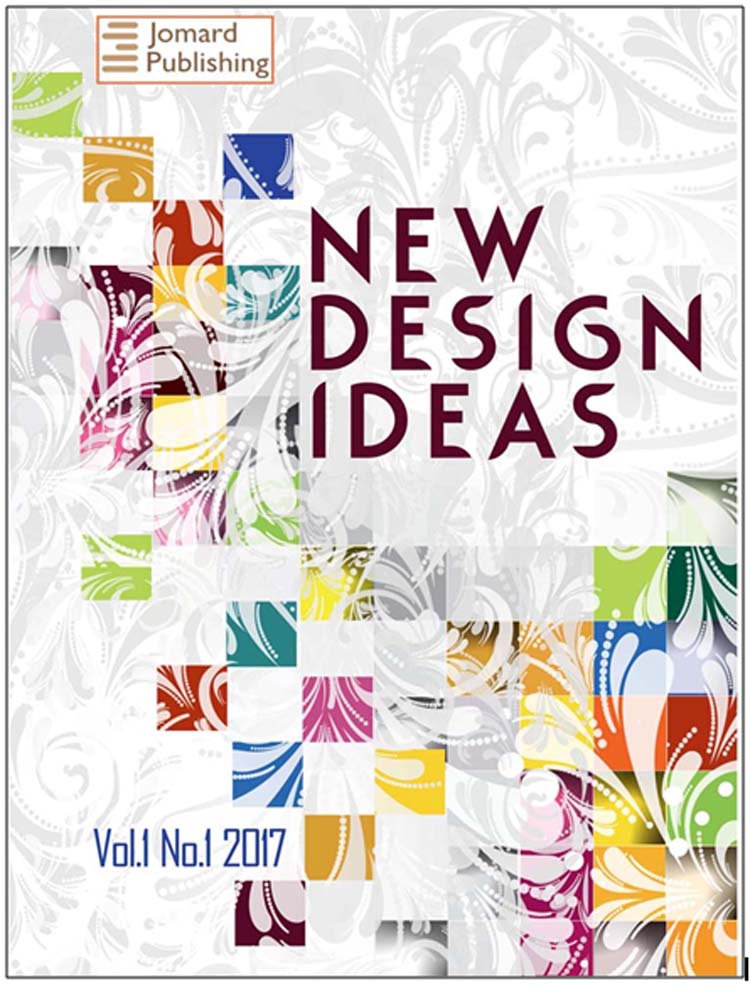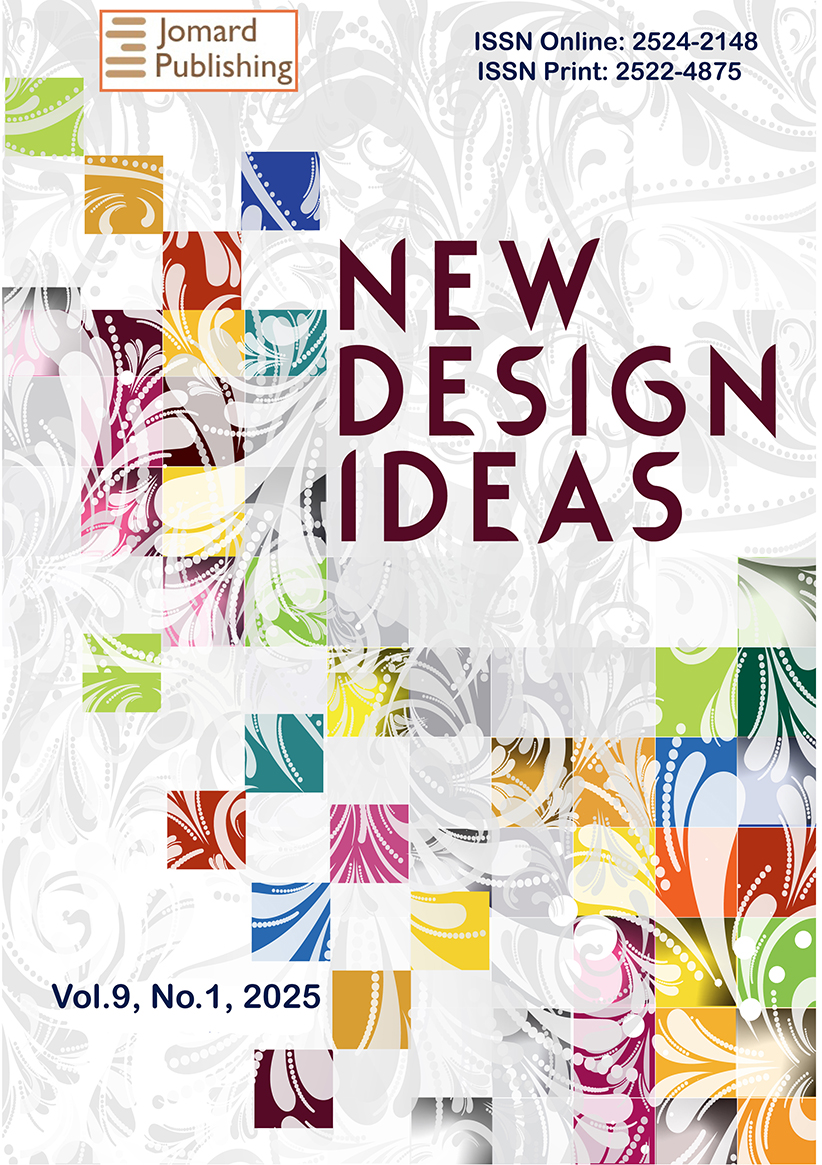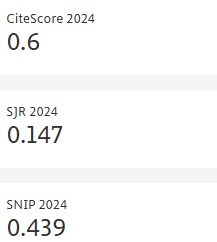ENRICHING EXCELLENT DESIGNERS: INTEGRATING ASMA'UL HUSNA WITHIN KAP MODEL (KNOWLEDGE, ATTITUDE, PRACTICE) THROUGH KJ METHOD
- Published: 02-04-2025
Share
Designer plays a pivotal role in the decision making within design endeavors, wielding significant influence through their creative expertise, problem solving skill and capacity to shape user experiences. Their decisions not only dictate the aesthetic and functional aspects of a design but also profoundly impact its usability, sustainability and societal implications, underscoring the critical responsibility designer hold in shaping the world through their creation. Therefore, it is imperative to equip designers with fundamental knowledge encompassing Asma’ul Husna in today’s education. Asma’ul Husna refers to the 99 beautiful names of Allah. By instilling an understanding of these divine attributes, designers gain a holistic framework that nurtures ethical consciousness, fosters empathetic design thinking and guides their decision-making process towards creating solutions that resonating with harmony, compassion and ethical responsibility. This paper introduces an innovative approach to enriching the professional development of designers by exploring the integration of Asma’ul Husna attributes into Knowledge, Attitude and Practice (KAP) framework. It explores the transformative potential of infusing these divine attributes into design education and practice through Focus Group Discussion among industrial design academician assist by Islamic scholar. Through the utilization of KJ Method, this study strategically collects and analyzes data concerning designers’ knowledge acquisition, attitude and practical implementation of Asma’ul Husna within their creative process. Through an in-depth exploration of these elements, the paper aims to shed light on how the integration of divine attributes can elevate the skills, mindset and ethical consciousness of designer, thereby fostering excellence in design practice.
- View 1027
- Downloads 215
- Saveds 0
- Citations (Crossref) 0


